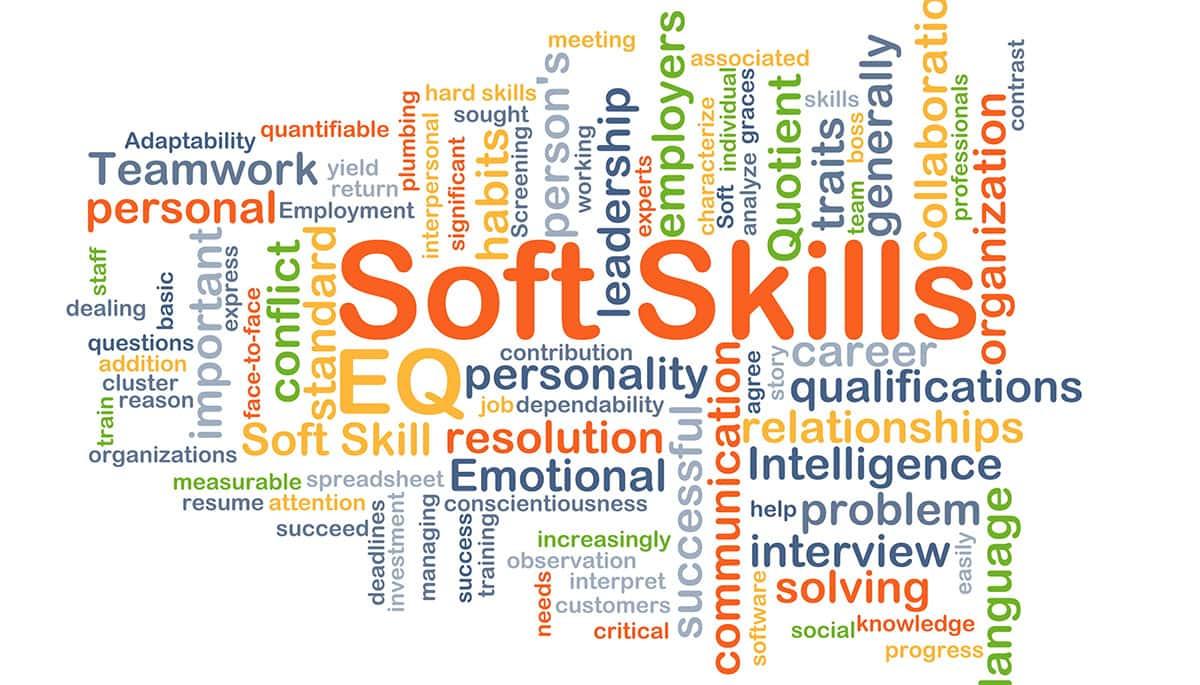E-Learning Developer: Key Skills, Roles, and Future Career Opportunities
The digital revolution is transforming how universities, colleges, and schools deliver education. At the heart of this transformation is the e-learning developer—a vital role for anyone passionate about blending technology with innovative educational practices. Whether you’re an aspiring professional or a transitioning educator, understanding the essential skills, day-to-day responsibilities, and long-term career prospects is your frist step toward a rewarding career in education technology. This thorough guide will walk you through everything you need to know about becoming an e-learning developer in the academic sector.
What Is an E-Learning Developer?
An e-learning developer is a professional who designs, builds, and maintains online learning experiences using a range of digital tools and technologies. Working in universities,colleges,or K-12 schools,they collaborate with educators,subject matter experts,and IT teams to create engaging and effective digital courses and resources. E-learning developers ensure that learners can access impactful education anytime,anywhere,supporting both traditional and remote learning environments.
Key Skills for E-Learning Developers
transitioning into an e-learning developer role requires a balanced mix of technical expertise and soft skills. Here are the core competencies employers in education technology seek:
Technical Skills
- Instructional Design: Deep understanding of pedagogical principles and learning theories to create effective, learner-centered content.
- Authoring tools Proficiency: Experience with popular e-learning authoring tools such as Articulate Storyline, Adobe Captivate, iSpring, and Camtasia.
- LMS Management: Familiarity with Learning Management Systems (Moodle, Blackboard, Canvas) to deploy, track, and manage digital courses.
- Multimedia Advancement: Basic graphic design, video editing, and audio editing skills to enhance learning materials.
- Web Development Fundamentals: HTML5, CSS, and some JavaScript knowledge for customizing e-learning modules and integrating interactive elements.
- Accessibility Standards Knowledge: Applying WCAG and ADA guidelines to ensure content is inclusive for all students.
Soft Skills
- Collaboration: Ability to work closely with teachers, IT staff, and subject matter experts.
- Problem-Solving: Innovative solutions for complex educational needs and technical challenges.
- Project Management: Managing timelines, priorities, and stakeholder expectations.
- Continuous Learning: Staying updated with the latest technology trends and educational methodologies.
- Attention to Detail: Ensuring accuracy in content and functionality across platforms.
Roles and Responsibilities of an E-Learning Developer
The day-to-day duties of an e-learning developer may vary depending on the institution’s needs, but in general, these are the main responsibilities:
- Content Development: Transforming educational content into engaging e-learning modules, quizzes, and interactive scenarios.
- Platform Governance: Maintaining and troubleshooting LMS platforms, user accounts, and course updates.
- Media Integration: Incorporating videos, animations, simulations, and audio narrations into courses to support diverse learning styles.
- Testing and Quality Assurance: Ensuring all digital content works seamlessly and is accessible on various devices and browsers.
- Faculty Training: Assisting instructors in using e-learning tools and best practices for online teaching.
- Data Analysis: Using analytics from the LMS to measure course effectiveness and recommend improvements.
Benefits of Working as an E-Learning Developer in Academia
Joining the education technology sector as an e-learning developer offers numerous advantages, making it a coveted career path for tech-savvy professionals passionate about education.
- Impactful Work: Directly contribute to improving access and quality in education, benefiting thousands of learners.
- Job Security: As digital learning becomes mainstream, the demand for skilled e-learning specialists continues to rise across educational institutions.
- Creative Freedom: Opportunities to leverage both technology and design to create innovative solutions.
- Professional Growth: Access to ongoing training, conferences, and certification programs within the education technology field.
- Work-Life Balance: Many institutions offer flexible hours, remote work options, and supportive environments.
Future Career Opportunities in Education Technology
the e-learning landscape is rapidly evolving, opening up new and exciting opportunities for career advancement. Here’s what the future holds for e-learning developers:
Specialization Options
- Instructional Designer: Focus on the pedagogical aspects and curriculum structure of digital courses.
- UX/UI Designer for E-Learning: Specialize in crafting intuitive and inclusive user experiences for learners.
- LMS Administrator: Oversee the technical and strategic management of learning platforms.
- Learning Analytics Expert: Harness data science to optimize learner outcomes and content effectiveness.
- Content Strategist: Direct large-scale content development projects and align them with institutional goals.
Long-Term Prospects
- team Leadership: Progress into lead developer or project manager roles.
- Consultancy: Offer expert guidance on e-learning system implementation for multiple institutions.
- EdTech Innovation: Contribute to the development of new tools,educational apps,and immersive technologies like virtual/augmented reality.
Hybrid programme offerings, personalized learning through AI, and the expansion of open educational resources (OER) are set to redefine the responsibilities and scope of e-learning developers. By keeping pace with these trends, professionals can ensure continued relevance and career growth.
Practical Tips for Landing an E-learning developer Job
if you’re ready to embark on a career as an e-learning developer in a university, college, or school, here are some actionable steps to maximize your employability:
- Build a Portfolio: Develop a collection of sample e-learning courses, SCORM packages, and interactive modules to showcase your abilities.
- Pursue Relevant Education: Consider degrees or online certifications in instructional design, educational technology, or multimedia development.
- Participate in EdTech communities: Join forums and groups to stay current and make valuable industry connections.
- Highlight transferable Skills: Emphasize experience with project management, interaction, or teaching in your resume and interviews.
- Keep Learning: Stay updated on the latest tools (like VR/AR, AI in education) and trends through courses, webinars, and publications.
Conclusion
As education continues to evolve,e-learning developers play an increasingly vital role in shaping the learning experiences of tomorrow. With the right combination of technical know-how, creativity, and a passion for impactful education, you can thrive in this dynamic field and unlock abundant opportunities for professional advancement. Now is the perfect time to acquire the essential skills and carve out your niche in the ever-growing world of education technology. Take your first step today,and be at the forefront of digital learning innovation!

